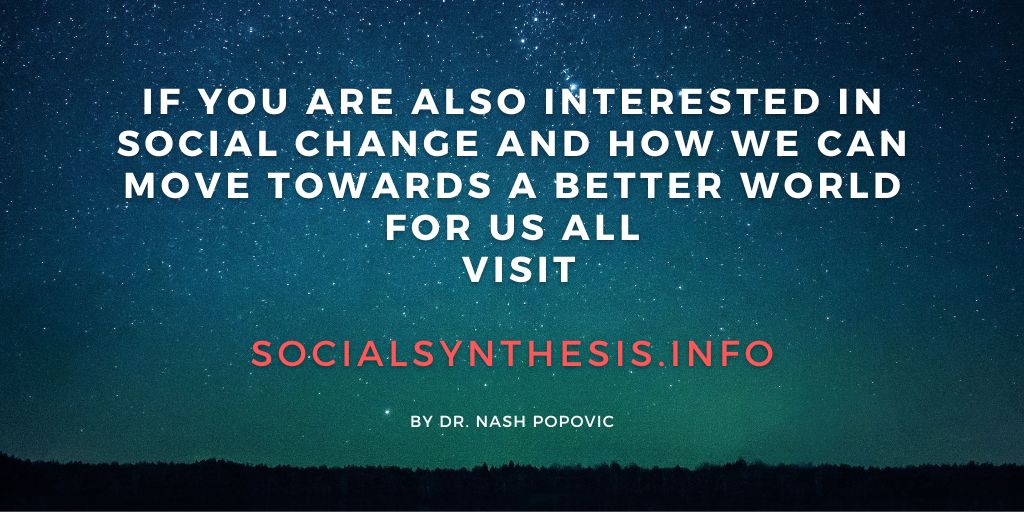22. Importance
The one serious conviction that a man should have is that nothing is to be taken too seriously.
Nicholas Butler (American philosopher and educator)
This area is closely related to values. The term importance rather than, for example, ‘value formation’, is used because it is more encompassing. Values can be seen as a subset of importance, but not the other way around: everything valuable is also important, but not everything that is important is valuable (e.g. earthquakes are important but not valued). The title also emphasises that this area is not concerned with the formation of moral, political or cultural values but with the process of ascribing the value or importance to an object, person, activity, event or internal process. We will learn here how to reduce and increase importance, but first, let’s consider what is important to us and why.
What is important for me and why?
Knowing what is really important to us is not straightforward. This can be distorted by immediate desires, other people or old habits. Furthermore, we sometimes make the object of our need or desire more important than the need or desire itself, which may lead to getting fixated with that object and prevent us from recognising other options. For example, you are hungry, and you start thinking about a burger. The burger becomes important, rather than satisfying hunger, and you miss a chance to eat something nicer and healthier. This is why examining if what you think is important really is can be powerful. The following questions may help you do that:
- Choose an object, person, event, activity or principle and consider why it is important for you. For example, if it is football, why is this the case? Is it an old habit? Is it because it was important to your dad when you were growing up? Or is it because football is a refuge from the everyday grind?
- Which part of what you picked up is really important? (E.g. in the case of football, it may be spending time with your mates, so football itself is, in fact, secondary).
To clarify your priorities, try this exercise:
The pyramid of priorities: for the purpose of this exercise you can draw your own ‘pyramids’ (the number of segments in each of the three levels can vary – those below are just an illustration).
- Place each item that matters to you (e.g. family, friends, health, job, religion, hobbies, etc.) on one level of the left pyramid: the most important one(s) on the top, medium important one(s) in the middle, and the less important one(s) at the bottom.
- In the upside-down pyramid write on top what takes most of your time, energy and attention, in the middle what takes less, and so on.
- Do the same things appear in the respective levels of both pyramids? If you find that you spend a lot of time on things that are not very important to you, you may want to make some changes (careful though: for example, your job may not be very important as such, but it may be essentail for support your family).

Regulating importance
Our state of mind depends significantly not only on what is important to us but also to what extent. As it is you who assigns importance to anything, you can actually increase or reduce it. This ability to regulate importance can be quite powerful.
Increasing importance
We cannot know for sure what may become critical, so nothing should be treated as so insignificant that it can be ignored (for example, a little fishbone may suddenly become a matter of life and death). Particularly in a complex system of human interactions, any action may potentially have far-reaching consequences (the so-called ‘butterfly effect’): just a smile can influence somebody to do something that can affect other people and so on. Also, if nothing matters, you end up with boredom, isolation, alienation and a lack of motivation. Such an attitude may be spurred by a desire to leave an impression of being ‘above it all’. This, however, easily turns into indifference and cynicism and becomes a habit from which it is difficult to break out (a sort of psychological anorexia). To put it simply, if you want to find more things interesting or enjoyable, don’t ignore what is around you.
How to do it: there are a few ways of increasing importance if you feel that this is something you need to do:
- We tend to take what is readily available for granted, which may lead to forgetting how valuable it actually is (e.g. having running water and electricity or having a partner or old friend around). To remedy this, imagine for a moment that something or somebody you usually take for granted suddenly disappears. How would you feel? For example, if both mobile phones and toilets vanish, which one would you miss more?
- The more you invest in something, the more important it will become. So, invest what you can (it doesn’t matter what – it could be your time, thoughts, emotions, effort, money, etc.).
- If you don’t care enough about something (e.g. your exams), consider its value, why it matters or could matter one day.
Reducing importance
Excessive attachment, dependency or overreactions may all be the signs of giving too much importance to something, This can also create an imbalance: too much importance is associated, on the one hand, with worrying, possessiveness and even obsession with its target, and on the other, with detachment from and emotional neglect of other things in life (a typical example could be a person who forgets everybody and everything else when they start a new relationship). Let’s see what we can do to gage importance better.
How to do it: this is what you can do if you feel that you are giving too much importance to something:
- Consider the importance of your desires themselves (e.g. the importance of getting a new pair of shoes can be re-evaluated if you examine how important wanting them is in the first place).
- Importance is often a projection of self-importance, so reflect for a moment if something is important for you because you want to feel important, and remember that self-importance is insatiable – the more you feed it, the more demanding it gets.
- Take a larger perspective (you know that one, ‘in the grand scheme of things…’). You can ask yourself, “will this really matter tomorrow or next year?”. If you are more of a visual type, look at the situation from a distance (or from above).
- It is well known that reminding ourselves of our own mortality can help us put things in perspective and reduce giving them too much importance.
- Humour can also help against taking things too seriously. Don’t sweat the small stuff, as they say.
- De-investing (your thoughts, emotions, time, money, etc.) can also produce powerful results in this respect. For example, the less you think about something, the less important it will be.
The Goldilocks Principle
How do we put all these together? As a rule of thumb, it is best to keep importance within a certain range as in the Goldilocks tale: not giving anything either too little or too much importance.

